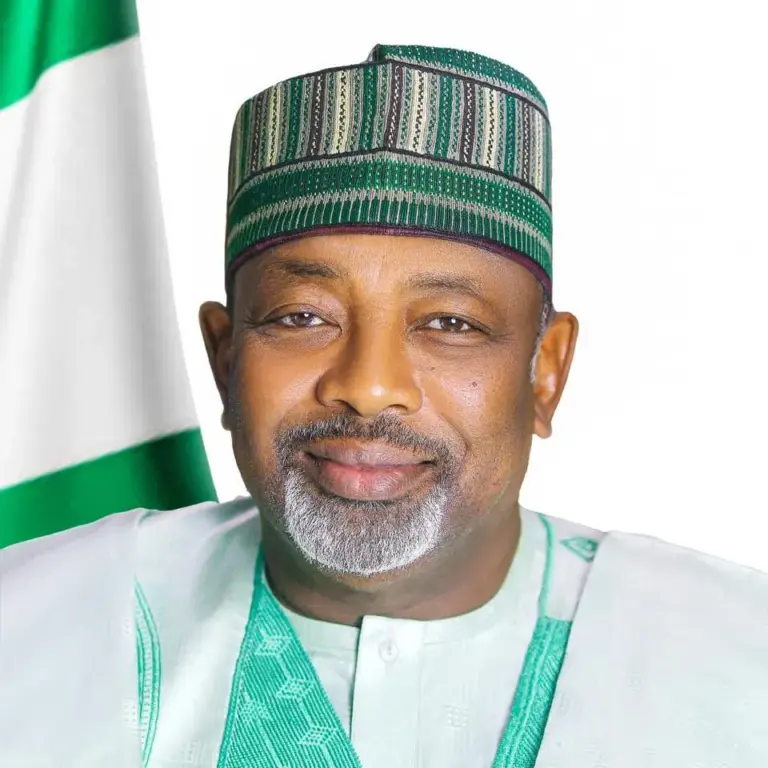A recent internal memo from Nigeria’s Ministry of Agriculture has stirred nationwide debate after urging staff to engage in prayer and fasting to support the country’s battle for food security. The directive, which encouraged employees to observe a solemn prayer session and fast over three consecutive Mondays, has drawn sharp reactions from citizens already grappling with soaring food prices.
While the ministry has since clarified that the initiative is not a formal policy response to the food crisis, it has done little to ease public concern. In a statement released over the weekend, officials emphasized that the prayer call was meant to enhance staff wellbeing—comparable to existing wellness programs such as monthly aerobic sessions, a newly established gym, and regular medical check-ups.
However, for many Nigerians, the gesture feels tone-deaf. With the nation enduring what experts describe as its worst economic crisis in a generation, frustration is mounting over what critics see as symbolic gestures in place of substantial action. According to United Nations data, at least 4.4 million Nigerians are currently facing food insecurity.
The economic downturn, triggered by sweeping policy reforms introduced by the government since 2023, has led to drastic inflation. Prices of staple foods have skyrocketed—yams alone have seen a fourfold increase in cost within a year—fueling public anger and sparking widespread cost-of-living protests.
Online reactions to the ministry’s memo reflect deep public skepticism. Social media users have mocked the directive, suggesting that religious leaders should now take charge of national policy. Others dismissed the situation entirely as a tragic sign of mismanagement, with comments like, “Nigeria is a joke.”
Despite the backlash, government officials insist that tangible efforts are underway. Initiatives cited include the distribution of over 1,000 tractors and more than two million bags of fertilizer to boost local food production.
Still, as hunger deepens and trust in leadership wanes, many Nigerians are left questioning whether prayer alone can resolve a crisis rooted in policy and planning.

